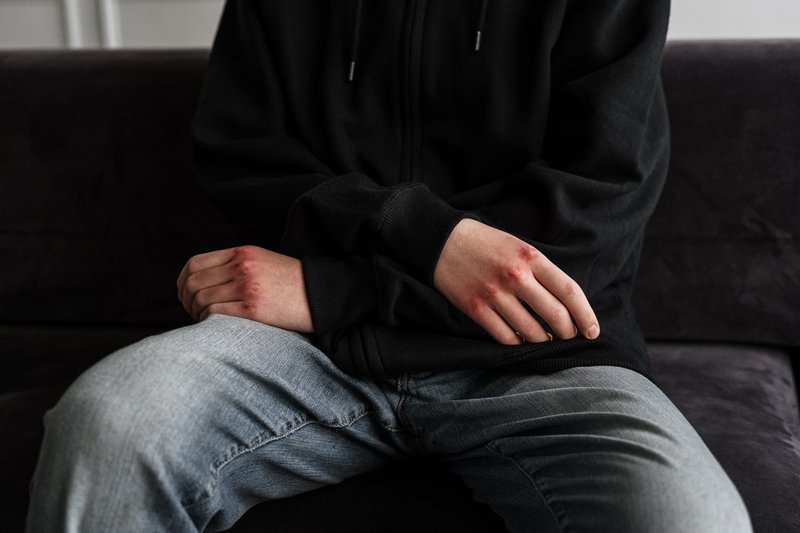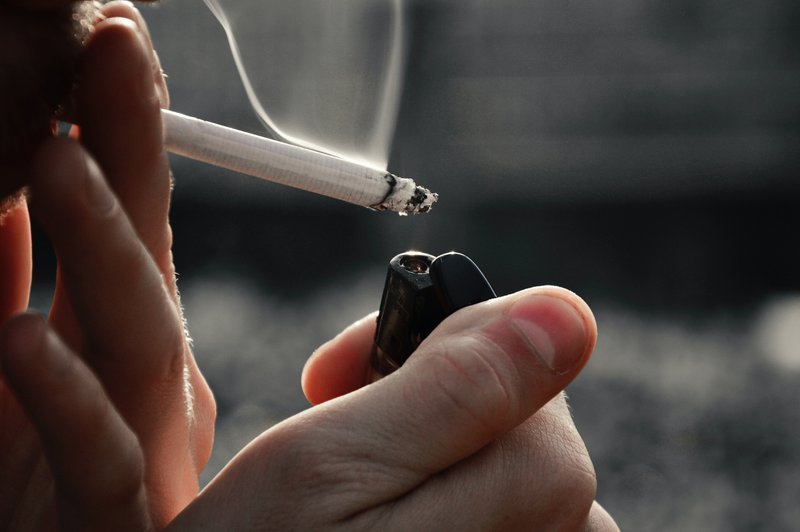Trauma has a destructive impact on the brain:
I interviewed Dr. Jennifer Fraser, author of The Bullied Brain: Heal Your Scars and Restore Your Health for one of my podcast episodes (releasing in the new year), and she mentioned how trauma affects the brain. She said that people can shut down their emotions in order to protect themselves from their pain, but that this defense mechanism has unintended consequences.
There are a few things that can happen when we shut down emotionally. One is that we are so numb that we allow ourselves to be in bad, even dangerous situations. We’re so cut off from our emotions that we don’t realize we’re being hurt and that we shouldn’t be there.
Another thing that happens when we shut down emotionally is that we lose our empathy. If the definition of empathy is “feeling into” another person’s emotional experience, being cut off from our own emotions makes it impossible to have a sense of anyone else’s.
A third thing that can happen when we shut down our emotions is that they can push back from the inside. This can take the form of anger and aggression. A lot of people who are walking around in a rage are actually people who have pushed down their feelings because of trauma, to the point where the only thing they are capable of feeling is rage.

Consequences to shutting down emotions in the face of trauma:
So, what happens when we push down our emotions? Those who are numb end up being hurt over and over again. If they automatically shut down emotionally after every hurt, they are doomed to a perpetual cycle of numbness, damage, and further numbness.
Those who lack empathy are capable of witnessing all sorts of terrible abuse toward others and feel nothing. Because they aren’t moved by the abuses they see, they have no motivation to do anything to make the situation better. These people are capable of turning a blind eye to abuse and even enabling the abuses that are happening right under their noses.
Another thing to understand about those who are lacking in empathy is that they are extremely threatened by vulnerability. If they encounter a victim of abuse, it scares them because there’s a risk that they might identify with the victim, and possibly start to feel their own buried pain.
This is unacceptable to them, as they are unconsciously driven to suppress their pain. They harbor an unconscious belief that they wouldn’t be able to tolerate their pain. This belief grows stronger the more they suppress their feelings. They are so terrified that the victim of abuse might remind them of their own unacknowledged trauma and pain, that they become angry at the victim for making them feel so uncomfortable.

Enablers of abuse might have been victims of trauma themselves:
At the same time, the person lacking in empathy will see the abuser as someone to idealize. They would rather identify with the person in the position of power because this makes them feel less vulnerable and less afraid. They admire the abuser for the power they wield and, because they lack empathy, it’s easy for them to focus on who has and doesn’t have the power, rather than who is doing the hurting and who is being hurt.
This results in the unempathetic person abandoning the victim and protecting the abuser. They will enable the abuser to keep abusing because the abuser is admirable in how much power they have. Their lack of empathy makes them disregard how much harm the abuser is causing, and makes them unable to care about the damage being caused to the victim.
The result is that abuse can go on for a long time, and the person lacking empathy will be insistent in ignoring it, enabling it, and in abandoning the victim. This causes even more harm to the victim because they are being victimized twice: once by their abuser and once by the person or persons who are enabling the abuse and ignoring their pain.

Victims of trauma can become the abusers of the next generation:
The third type of response to trauma is to be angry and aggressive. These people become the abusers of the next generation. Human beings are drawn to the familiar. If violence or abuse is what’s familiar to these individuals and if rage is all that they can feel, then it stands to reason that they will express their rage through acts of abuse or violence.
These people are so emotionally shut down that they can’t feel any empathy for their victims or any remorse for their hurtful actions. They continue to cause harm because they are operating under the false belief that they will finally feel better if they just take out “enough” rage on their victims.
Unfortunately for the perpetrators—as well as for their victims—this isn’t the way to find peace or healing, and the cycle of violence persists, with the abuser wrongly believing that eventually, enough violence will do the trick and they’ll be healed.

Being disconnected from our emotions makes us disconnected from others:
We should also be aware that the numbness, lack of empathy, and anger that these traumatized individuals are experiencing have had other effects on their lives. These individuals are often incapable of intimacy. Being disconnected from their emotions means being disconnected from others.
Because they have suppressed their emotions, their relationships are shallow, superficial, and oftentimes, they see themselves and/or the other person as a commodity. “Love” is about what they can give and take as opposed to the joy of connection. Their relationships are transactional as opposed to loving and meaningful.

Shutting down emotionally makes it impossible to feel compassion:
These individuals are often incapable of feeling compassion. Emotional repression makes it impossible to care so deeply about others, that they’re compelled to act on their behalf. These individuals are unmoved by the plight of their neighbours, their community, their animals, the environment, and the world. They sit by when terrible things are happening to those around them, or when the planet is in crisis. They don’t have enough emotional capacity to care.
Another consequence of being emotionally shut down is that people don’t care about their own health. They eat junk food because it feels good and because they mistake superficial pleasure for fulfillment. They don’t worry about the health consequences of their bad eating habits because they’re so out of touch with their feelings, they can’t manage to care enough about their health. This results in no changes to their eating behaviours.

Emotional repression due to trauma leads to self-abandonment:
They consume alcohol and drugs because they need to feel something, even if it’s through intoxication. They engage in self-harming behaviours in order to experience some type of sensation, even if it’s physical pain. For the same reason, they engage in high-risk behaviours to substitute the satisfaction of being in touch with their genuine emotions for the thrill of adventure.
Being out of touch from our emotions is like missing a sense, but these individuals are incapacitated much more than someone who is hearing or visually impaired because there is no other sense to take over when they shut down emotionally. These individuals are left not knowing how to take care of themselves.
In my psychotherapy practice, I have a little mantra that I teach all my patients. It goes: When you’re in touch with your feelings, you’ll know what you need, and when you know what you need, you can take the right action to get it.

Emotional disconnection due to trauma leads to a lack of inner peace:
The problem is that when an individual is out of touch with their emotions, they can’t ever know what they need. They think they know what they need, and they pursue all the dysfunctional behaviours I listed above, but that isn’t actually what they need. Because they are so disconnected from their emotions, they can never pursue what they really need and they’re doomed to never find happiness or inner peace.
The answer to this terrible problem is simple, if not easy; people need to tune into their feelings and identify if they have any dysfunctional coping strategies. If so, they need to look at whether they’ve been shutting down their emotions. If they learn that they have, they need to look into their past, to discover whatever trauma they have buried, and start unpacking it in order to heal it directly.
Often, they will need to do this through psychotherapy, because after years of emotional suppression and the consequent numbness, and/or lack of empathy, and/or rage, it can be extremely anxiety-provoking to face their feelings and too terrifying to look at their trauma.

With courage and willingness, healing from trauma is possible:
It can be done with some willingness, courage, and the help of caring experienced professionals. Not only can victims of trauma find their own healing, but they can prevent all the collateral damage caused by shutting down emotionally in the face of their own pain.
Sign up here for my free biweekly wellness newsletter that brings you fresh, thought-provoking content.
Subscribe to my YouTube Channel to watch my series Moving into Autumn with Good Self-Care, where you’ll learn simple tips for taking the best care of yourself and your loved ones this fall season.
Tune in to my Ruthless Compassion Podcast where I go in-depth about topics like mental health, trauma, and loneliness.



